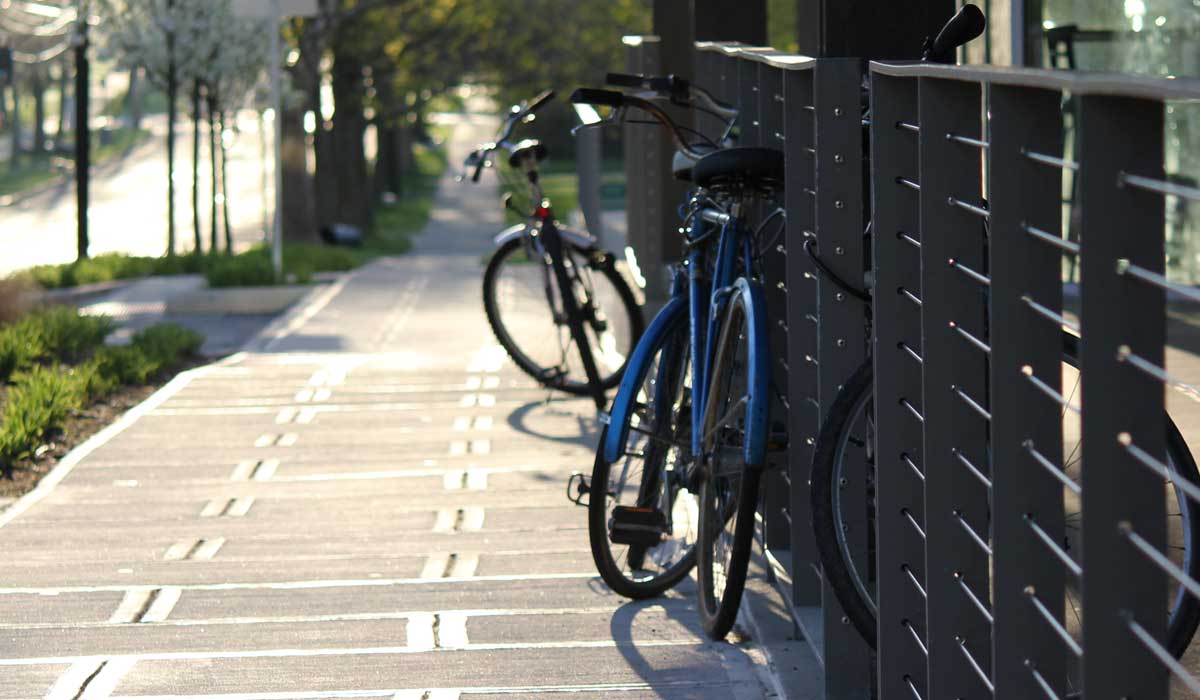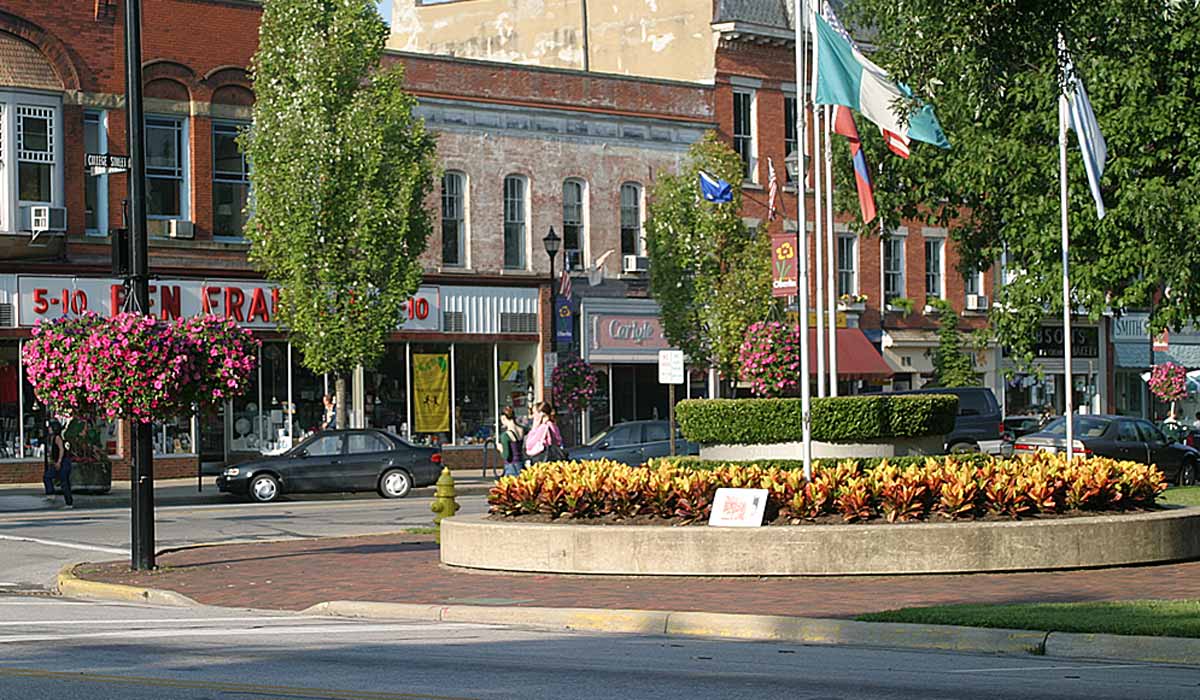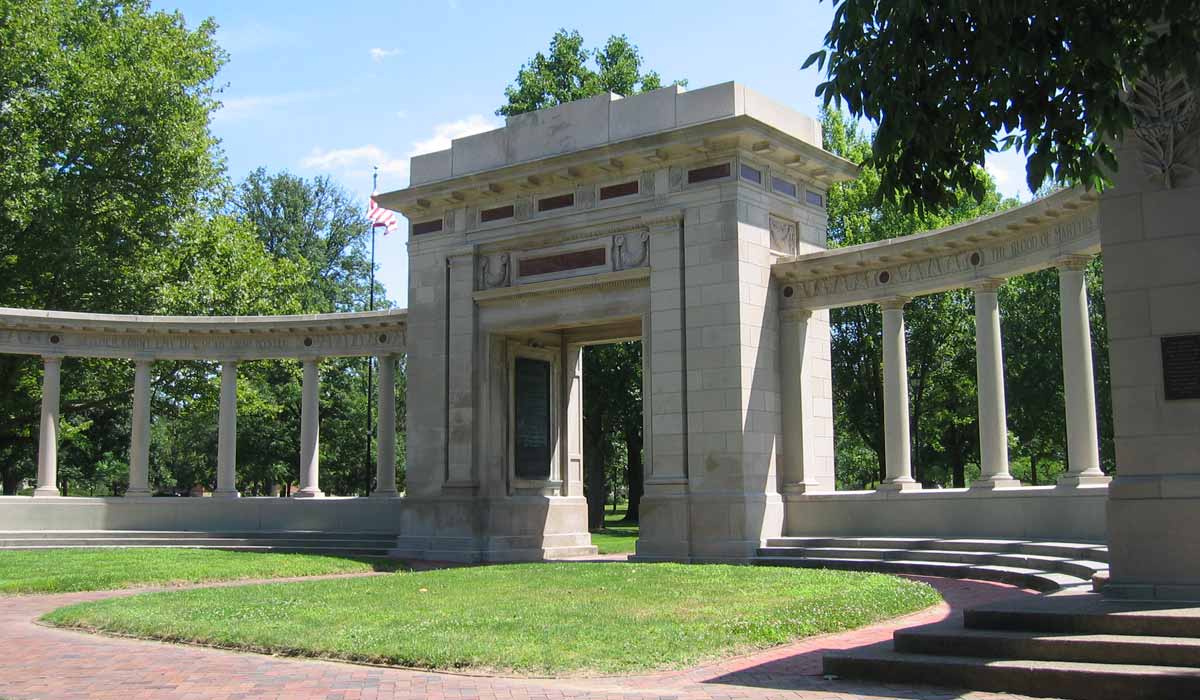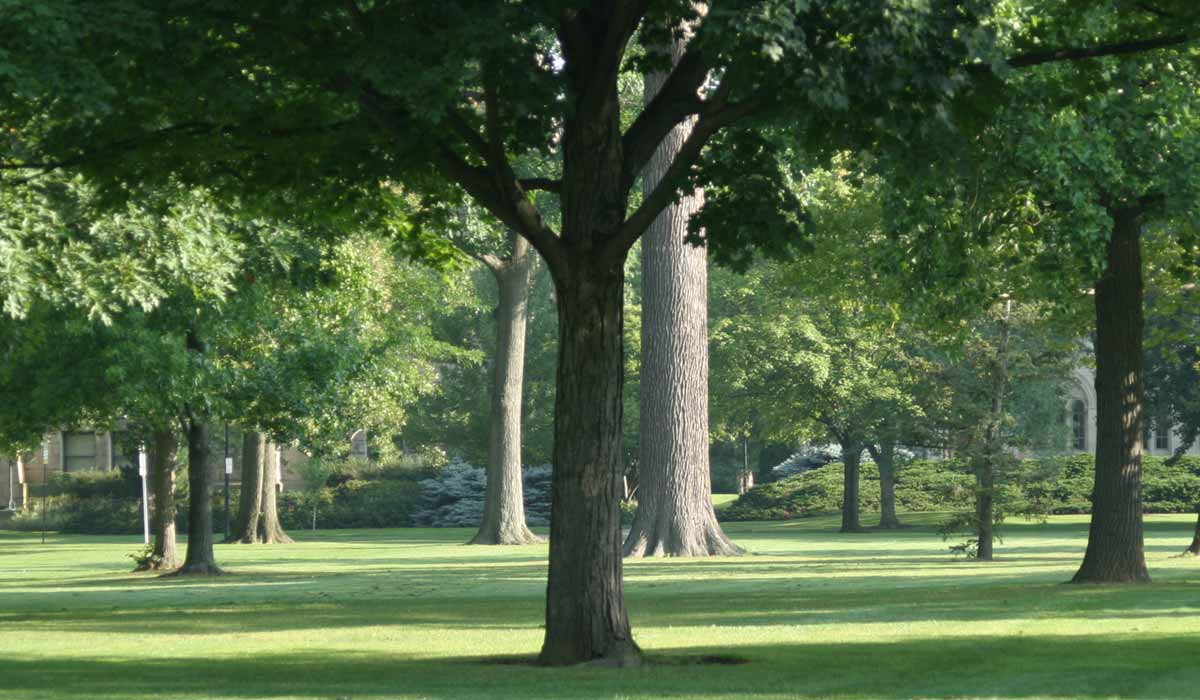What is the structure of The Oberlin Project?
A grant-funded venture, the Oberlin Project has four full-time staff who coordinate stakeholder teams working on energy, education, policy, community engagement, economic development, transportation, research, and local foods and agriculture. Stakeholder teams include representatives from partner organizations (City, College, educational institutions, foundations, economic development entities), local and regional experts, and members of the Oberlin community. The Project became fully staffed in October 2011 and is continuing to change and grow.
The Oberlin Project is currently focused on six core goals consistent with the priorities established by the City of Oberlin and Oberlin College:
- Creating one of the first climate positive cities in America by shifting the City and College to renewable energy sources, radically improving efficiency, sharply reducing our carbon emissions, and improving our economy in the process.
- Creating new and supporting existing business ventures in energy efficiency and solar deployment, food and agriculture, and the sustainable use of local resources.
- Conserving 20,000 acres of green space and developing a robust local foods economy to meet 70% of our consumption.
- Creating an educational alliance between the College, the Oberlin schools, the Joint Vocational School, and Lorain County Community College focused on integrating sustainability into education at all levels.
- Developing a 13-acre Green Arts District at the US Green Building Council Platinum level.
- Serving as a model that can be replicated in other communities.
The Oberlin Project is a work in progress, with goals and projects that are being refined and updated through stakeholder input, community feedback, and experience. Learn more about how we are working towards our commitments at the Oberlin Project on our website or contact our office for more information.
How can I learn more about the Oberlin Project?
Oberlin Project staff are eager and excited to speak with community groups, individuals, organizations, and business owners to learn more about the needs and desires of the community as well as to share information on the Oberlin Project. To schedule a presentation, a meeting, or just a cup of coffee, please contact Sharon Pearson, Program Coordinator at (440) 775-6473 or email at "spearson @oberlinproject.org".
How can I be a part of the Project?
Let us know what you are interested in, how we can help, and how you would like to be involved. Contact Oberlin Project staff working in the following areas:
Sharon Pearson, (440) 775-6473, "This email address is being protected from spambots. You need JavaScript enabled to view it."
- Transportation
- Community relations
- Minority and female small business outreach
- General inquiries
Heather Adelman, (440) 775-6177, "This email address is being protected from spambots. You need JavaScript enabled to view it."
- Education
- Waste and materials management
- Agriculture and local food
Cullen Naumoff, (440) 775-6219, "This email address is being protected from spambots. You need JavaScript enabled to view it."
- Economic development
- Workforce development
Sean Hayes, (440) 775-6148, "This email address is being protected from spambots. You need JavaScript enabled to view it."
- Energy planning
- Oberlin Project overview, goals & strategies
What is the Clinton Foundation Climate Positive Development Program?
The Clinton Foundation is committed to implementing programs that create and advance solutions to the root causes of climate change ??? while also helping to reduce our reliance on oil, saving money for individuals and governments, creating jobs, and growing economies. As part of the Foundation???s Clinton Climate Initiative (CCI), the Climate Positive Development Program was launched in 2009 to demonstrate that cities can grow and thrive in ways that are environmentally sustainable, economically viable, and climate positive (greenhouse gas emissions reduced below zero). To facilitate these projects, CCI provides project technical support, business and financial analysis, and partnership facilitation.
Learn more at the Clinton Climate initiative Web site
As members of the Clinton Climate Initiative???s Climate Positive Development Program, the City of Oberlin and Oberlin College have each signed a Memorandum of Understanding (MOU) with the Clinton Climate Initiative (CCI) to reduce Oberlin???s greenhouse gas emissions below zero. The MOU was signed in 2010 and renewed in 2012.
How is the Oberlin Project funded?
The Oberlin Project is funded through private donations and foundations. Oberlin College is the Oberlin Project???s fiscal agent. Neither Oberlin College nor City of Oberlin funds the Oberlin Project???s operations. The largest contributor is the Kresge Foundation. Other foundations include the Joyce Foundation, the Gund Foundation, and the Rockefeller Brothers Foundation.
What is the relationship between the Oberlin Project, Oberlin College, and the City of Oberlin?
The Oberlin Project serves to assist the City of Oberlin and other partners in identifying and mapping out solutions to achieve their goals by leveraging resources and expertise, conducting research, and creating a conduit for communication between organizations and individuals within the Oberlin community. The Oberlin Project also supplements, manages, and implements new and existing projects and strategies to achieve these goals.
In the City of Oberlin???s recently completed 2025 Strategic Plan, citizens, elected officials, and city staff identified Oberlin???s three top strategic priorities as: ???Keep Our City Safe,??? ???Focus on Economic Development/Tourism,??? and ???Lead With Sustainable Practices.??? In 2005, the Board of Trustees of Oberlin College unanimously adopted ???Move toward Environmental Sustainability??? as one of the College???s strategic directions in its Strategic Plan. A joint effort of the City of Oberlin, Oberlin College, and private and institutional partners, the Oberlin Project provides a framework for achieving these strategic priorities of improving the resilience, prosperity, and sustainability of our community.
Both the City and College have affirmed these priorities by signing on to become one of 16 Clinton Foundation Climate Positive Development Program cities (one of only two in the United States), thereby committing to reducing Oberlin???s greenhouse gas emissions below zero. Thanks to the work of community-owned Oberlin Municipal Light & Power System (OMLPS), which is responsive to its customer base and City Council, the City of Oberlin is on target to reduce its emission by 50% of 2007 levels by 2015, with 90% of its electricity coming from renewable sources. In the Climate Action Plan adopted by City Council in late 2011, the City sets the goal of achieving carbon neutrality by 2050. The first of its peer institutions to sign the American College and University Presidents' Climate Commitment, Oberlin College has led the way in establishing comprehensive sustainability planning and practice and adopted the goal of carbon neutrality by 2025.









